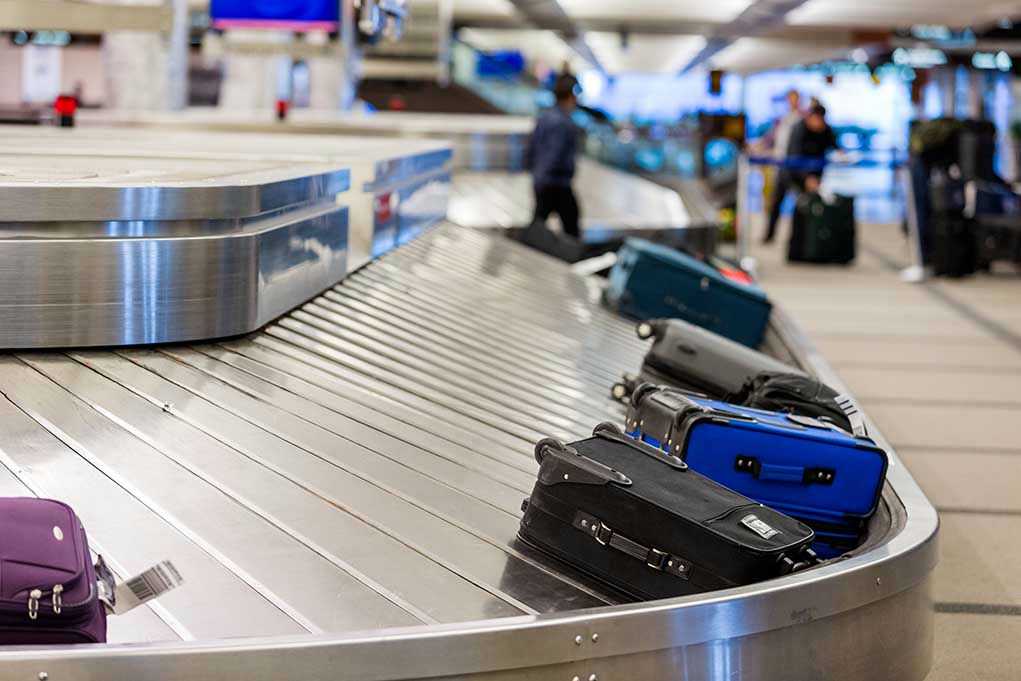
A sweeping new ban and digital border controls could turn a simple airport sandwich into a £5,000 fine for travelers, fueling outrage over bureaucratic overreach and threats to common sense for returning holidaymakers.
Story Snapshot
- UK and EU launch new digital border systems, requiring Electronic Travel Authorisation (ETA) and Entry/Exit System (EES) for millions of travelers.
- Holidaymakers risk hefty fines and travel disruption if unaware of overlapping and evolving requirements.
- Industry and government warnings highlight confusion, increased costs, and threats to individual rights.
- Travel and tourism sectors face operational upheaval as digital controls expand post-Brexit.
Simultaneous Digital Border Controls Raise Stakes for UK Holidaymakers
UK travelers returning from abroad in late 2024 and 2025 face unprecedented hurdles as the government rolls out the Electronic Travel Authorisation (ETA) system and the EU implements its new Entry/Exit System (EES). These simultaneous changes mean holidaymakers must secure digital approval before travel, with the risk of delays, denied boarding, or even entry refusal if requirements are not met. The complexity and overlap between UK and EU rules have sparked confusion and concern among those who simply want to enjoy a family vacation or conduct business without government interference.
Post-Brexit Policies and the Push for Digital Borders
The origins of these new travel controls can be traced to post-Brexit efforts by both the UK and EU to tighten border security and manage migration. The UK ETA, phased in through 2025, and the EU’s EES, going live in October 2025, are designed to digitize traveler records for non-visa nationals and track UK citizens entering the Schengen area. While officials claim these measures will streamline entry and bolster security, critics point to the risks of bureaucratic overreach and the erosion of personal freedoms that conservative Americans have long warned against.
These systems are modeled after US and Canadian digital travel authorizations, but the dual rollout has created a minefield for travelers. With requirements shifting rapidly and eligibility lists evolving, even seasoned travelers can be caught out by the latest rule change—potentially facing fines of up to £5,000 for seemingly minor infractions, such as bringing the wrong sandwich through customs or failing to complete the correct application before boarding a flight.
Airlines, Border Agents, and the Burden on the Average Traveler
Under the new rules, airlines and travel operators become the first line of enforcement, refusing boarding to anyone who lacks the proper digital authorization. This not only increases the burden on private companies but also undermines the principle of individual responsibility, shifting compliance onto gatekeepers rather than the government itself. For ordinary families, the risk of being turned away after planning and paying for a trip is a real threat, creating anxiety and undermining confidence in the system.
Holidaymakers and business travelers alike are now responsible for navigating a complex web of applications, deadlines, and digital requirements. Miss a step, and you could find yourself stranded—or worse, fined thousands for an administrative error. Conservative critics argue that this kind of bureaucratic expansion is exactly what Americans fought to avoid: government overreach that penalizes common sense and makes law-abiding citizens feel like criminals for simple mistakes.
Industry and Expert Warnings: Confusion and Disruption on the Horizon
Travel industry leaders and government bodies have issued repeated warnings about the potential for widespread confusion and disruption. The phased rollout of the ETA and EES means that requirements are continuously shifting, with little room for error or last-minute adjustments. Airlines face fines for transporting non-compliant passengers, further incentivizing strict enforcement and little leniency for travelers caught off guard. As digital border controls become the new norm, the travel and tourism sector must overhaul booking and check-in processes just to keep up.
Experts acknowledge some long-term benefits—such as enhanced security and more efficient border management—but warn that the short-term impact will be felt most acutely by ordinary travelers. Increased costs, administrative hurdles, and the ever-present risk of digital system failures threaten to make international travel more stressful and less accessible, especially for those less comfortable with technology. Calls for clear public information campaigns and greater transparency have so far struggled to keep pace with the rapid changes, leaving many to rely on word-of-mouth or last-minute alerts from airlines.
Broader Implications: Constitutional Values and Everyday Freedom Undermined
Beyond the immediate travel chaos, these new rules embody a broader shift toward government micromanagement of daily life—precisely the kind of overreach that conservative Americans and Trump supporters have long opposed. By layering complex new regulations over simple activities like returning from holiday or buying food at the airport, officials risk eroding faith in government and undermining the fundamental freedoms enshrined in the US Constitution and valued by families nationwide. As the digital border era dawns, the fight for individual liberty and common sense remains more urgent than ever.
Sources:
COVID and Brexit: UK Travel Updates – FCM Travel
2025 UK Travel Requirements Update – Capital Law
EU Entry/Exit System Guidance – GOV.UK
UK issues travel warnings for popular holiday destinations – Travel and Tour World
Upcoming changes to travel in Europe – ABTA

















